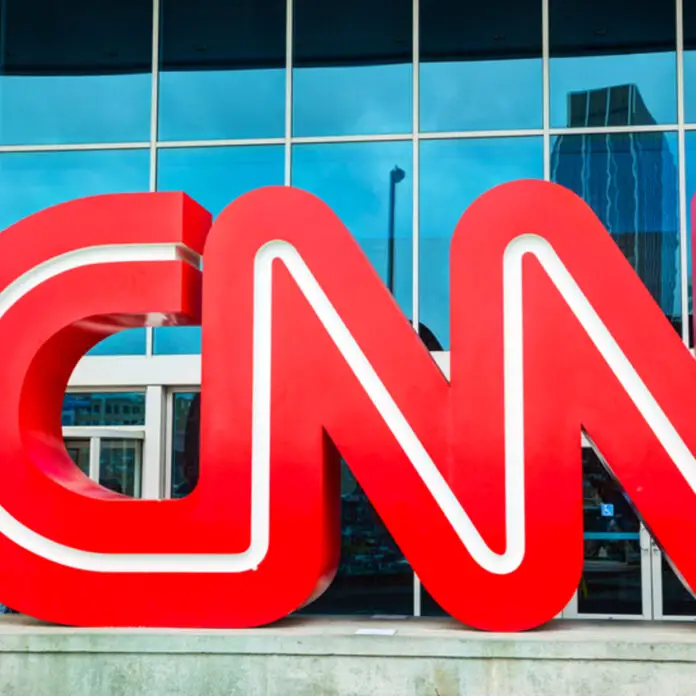Abby Phillip of CNN recently expressed some candid observations about the Democratic Party during a discussion at Harvard’s Kennedy School on November 18. She urged Democrats to broaden their perspectives and step outside of their comfort zones.
Phillip’s main argument revolved around the growing complacency among Democrats, particularly influential members, who seem to find comfort in communicating only with like-minded individuals. She likened this to an echo chamber where everyone is in agreement, creating a lack of diversity in thought.
She highlighted that despite the diverse backgrounds of Democratic activists, they tend to be limited in their acceptance of differing opinions. She even drew parallels with the Republican Party’s same issues, which changed with the popularity of Trump.
Phillip stressed that Democrats should avoid viewing issues in a purely binary manner. The situation is more complex than simply being “woke” or not. She brought up the intriguing point that paid activists are often expected to adhere to specific viewpoints, which can hinder understanding of the broader, more nuanced perspectives held by the general populace.
She offered some advice to Democrats: they should be more open to diverse viewpoints. If they fail to do so, they risk losing connection with certain groups, like rural voters. She emphasized that the problem is not limited to Ivy League elitism, but extends to any attitude of superiority which alienates people from the party.
The discussion at Harvard was not solely Phillip’s platform. The event also featured political experts such as Montel Williams, Scott Jennings, former NFL player Donte Stallworth, and Politico’s Eugene Daniels, who openly acknowledged that the media does not hold all the solutions.
Phillip’s statements sparked a broader debate about the Democrats’ ability to resonate with voters from all walks of life. Recent studies suggest that her observations may be accurate, as there have been notable changes in the demographic makeup of Democratic voters.
The discussion encompassed a wide range of topics, from the role of media in politics, to the challenges parties face in appealing to diverse voters, and the complexities of balancing various interests while implementing policies.

